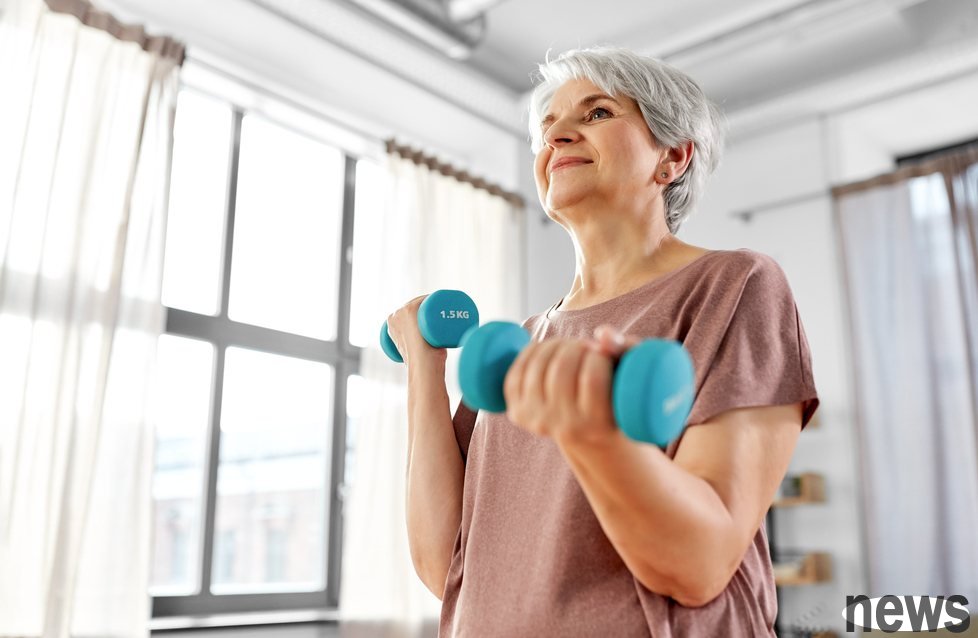As we talk about getting older, we always bring negative feelings. However, we actually have a lot of misunderstandings about aging. Understanding the truth about common misunderstandings will help you maintain longer-term health and feel good at ev...

As we talk about getting older, we always bring negative feelings. However, we actually have a lot of misunderstandings about aging. Understanding the truth about common misunderstandings will help you maintain longer-term health and feel good at every age.
Myth 1: You will need less sleep time.Considering that with age, falling asleep becomes increasingly difficult, but this is not the case.
Experts point out that most adults of any age should sleep at least seven hours before they can achieve optimal conditions. Oftentimes less sleep increases the risk of hypertension, heart disease, diabetes, medium, depression and weight gain. However, older people tend to sleep more slowly, take longer to fall asleep, and wake up more frequently.
Experts suggest going to bed at the same time every night and doing relaxing activities before bed, such as reading books or meditation. In addition, wearing an eye mask also helps keep it completely dark, as such an environment is the most ideal. In addition, it is also important to keep the bedroom cool.
Myth 2: You will become weak and powerless.Even after we are 40, we can strengthen our muscles at any age.
Experts remind that preventing age-related muscle loss (also known as sarcopenia) is important because low muscle mass is the main factor that causes weakness, which may make it difficult for you to maintain body balance.
Experts suggest that staying alive can help you retain strength and increase more muscles, and taking enough protein is also a key to maintaining muscles.
Myth 3: Bone relief is only a problem for women.Although bone lesion is more common in women, the rate of bone loss in men will reach the same level by the age of 65 to 70, which is a major problem: fractures are related to increased death risk in older people.
experts point out that when men suffer from a facial fracture, they are twice as likely to die within one to two years than women. Therefore, it is recommended that all men over 70 and men over 50 should undergo bone density screening.
Although bone loss cannot be completely stopped, quitting smoke, regular exercise, and taking enough calcification and vitamin D can prevent or delay bone loss.